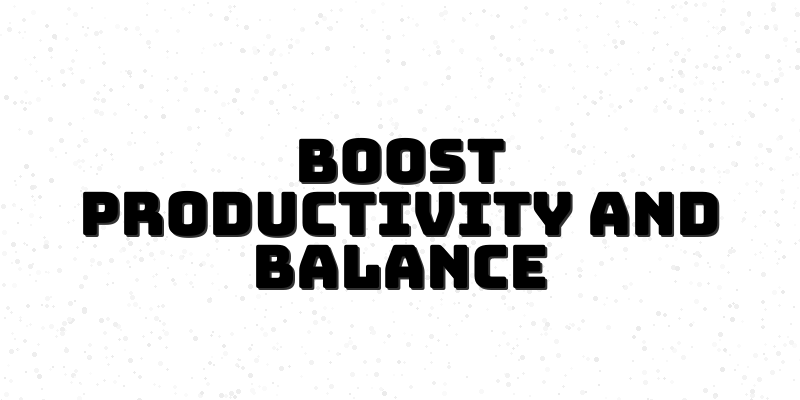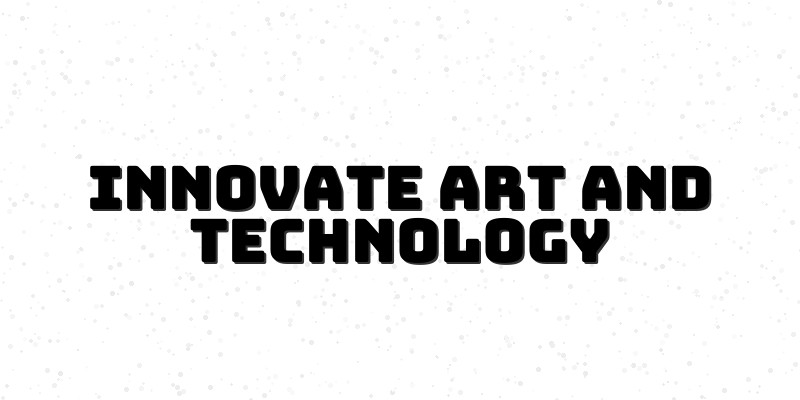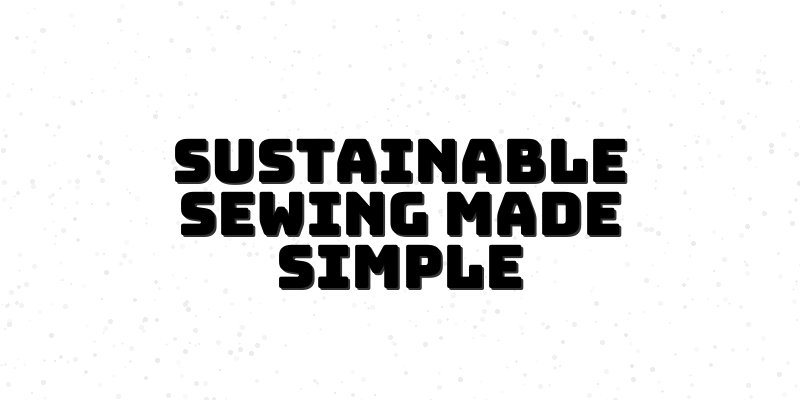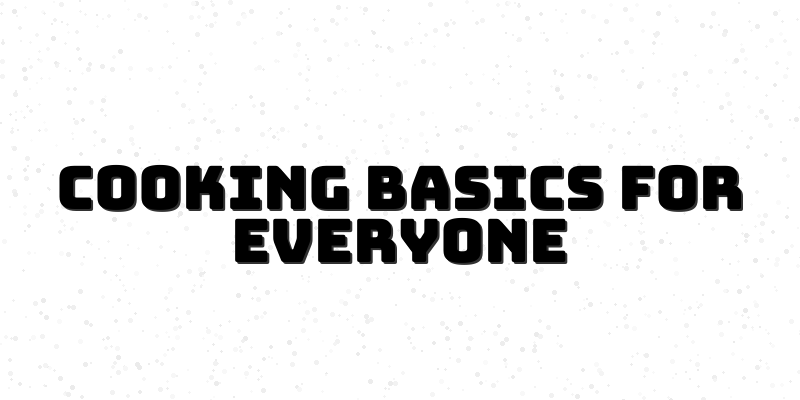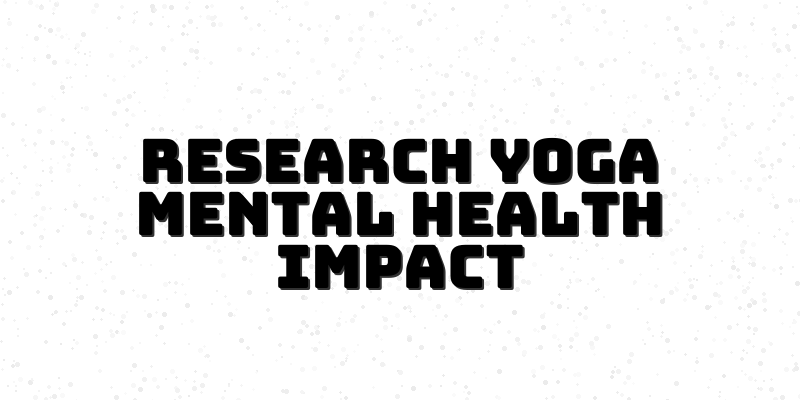Unlocking Productivity Strategies for a Healthy Work-Life Balance
Are you a busy professional struggling to maintain your productivity while achieving that elusive work-life balance? You're not alone. Many individuals find themselves overwhelmed by tasks, seeking effective productivity strategies to help them regain control of their time and energy. This blog post aims to provide you with actionable insights and powerful strategies to elevate your productivity and enhance your well-being, guiding you on the path to fulfilling your professional and personal goals.
Understanding Productivity Barriers
Productivity barriers can manifest in various forms, and identifying these obstacles is the first step toward improvement. Factors such as procrastination, distractions, and poorly defined goals often hinder our ability to work effectively.
To understand what holds us back, start by conducting a self-assessment. Consider journaling about your daily routines and pinpointing moments where distractions or inefficiencies occurred. This reflective exercise will help you to develop a clearer picture of your unique productivity challenges.
Furthermore, cultivating self-awareness allows you to recognize patterns in your work habits, empowering you to develop tailored strategies that address these specific obstacles.
Time Management Techniques That Work
Time management is an essential skill for busy professionals. Effective time management techniques often lead to enhanced productivity and greater satisfaction in both work and personal life. One popular method is the Pomodoro Technique, which involves breaking work into focused intervals, typically 25 minutes long, followed by short breaks. This approach combats fatigue and keeps your concentration levels high.
Another effective strategy is prioritizing tasks using the Eisenhower Matrix. This tool categorizes tasks into four quadrants based on urgency and importance, helping you focus on what truly matters.
By implementing these time management techniques, you not only learn to work smarter but also free up time for personal activities, promoting an overall balance in your life.
The Importance of Self-Care
Amid the hustle and bustle of professional life, self-care often takes a backseat. However, prioritizing self-care is essential for long-term productivity. Engaging in regular physical activity, ensuring adequate sleep, and practicing mindfulness can significantly reduce stress and improve focus.
Consider integrating short self-care activities into your daily routine. Whether it's a brisk walk during your lunch break or dedicating time to a hobby you love, these small habits can have a profound impact on your overall wellness. Additionally, nurturing your mental well-being enhances your ability to handle workplace challenges, leading to better performance.
Evaluating Your Progress and Adapting Strategies
Assessing your productivity journey is crucial for identifying what works and what doesn’t. Set aside time weekly to evaluate your progress. Ask yourself questions like: What tasks did I complete? What barriers did I encounter?
By integrating a feedback loop, you can adapt your strategies based on these assessments. For instance, if you notice that specific tasks consistently derail your day, consider breaking them down into smaller, manageable parts or reallocating them to a later time when your energy levels are higher.
This adaptability will not only keep you accountable but will also lead to continued personal growth as you refine your approach to productivity.
Communicating Your Productivity Journey
Effective communication of your productivity strategies can also play a significant role in your success. Sharing your productivity journey with peers, managers, or even within a coaching context fosters an environment of collaboration and support.
Moreover, articulating the techniques that are working for you might inspire your coworkers to implement similar strategies, creating a culture of productivity in your workplace. Regularly discuss progress and challenges during team meetings or through informal check-ins. This openness can lead to creative solutions to productivity challenges for everyone involved.
Sustaining Productivity Gains
Sustaining productivity gains requires continual effort and commitment. It’s essential to remain flexible and update your productivity strategies as your circumstances evolve.
Consider establishing a routine for regular reflection where you revisit your goals and strategies to ensure they align with your current lifestyle and work expectations. Incorporate tools such as productivity apps or planners to keep track of your tasks and maintain visibility of your goals.
Ultimately, the key to sustaining productivity gains lies in both maintaining motivation and adapting to the realities of your professional life.

